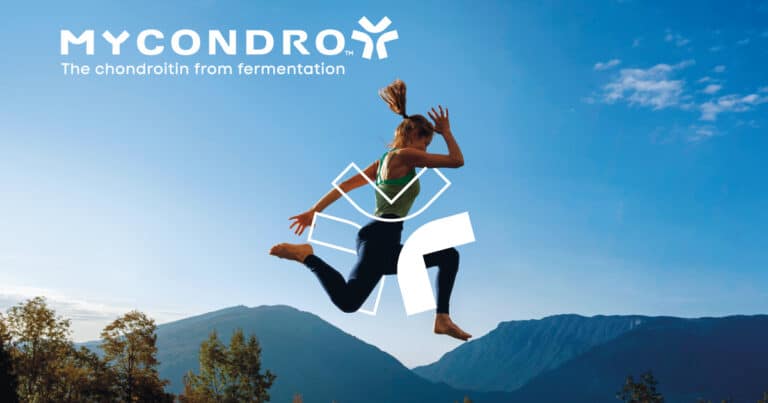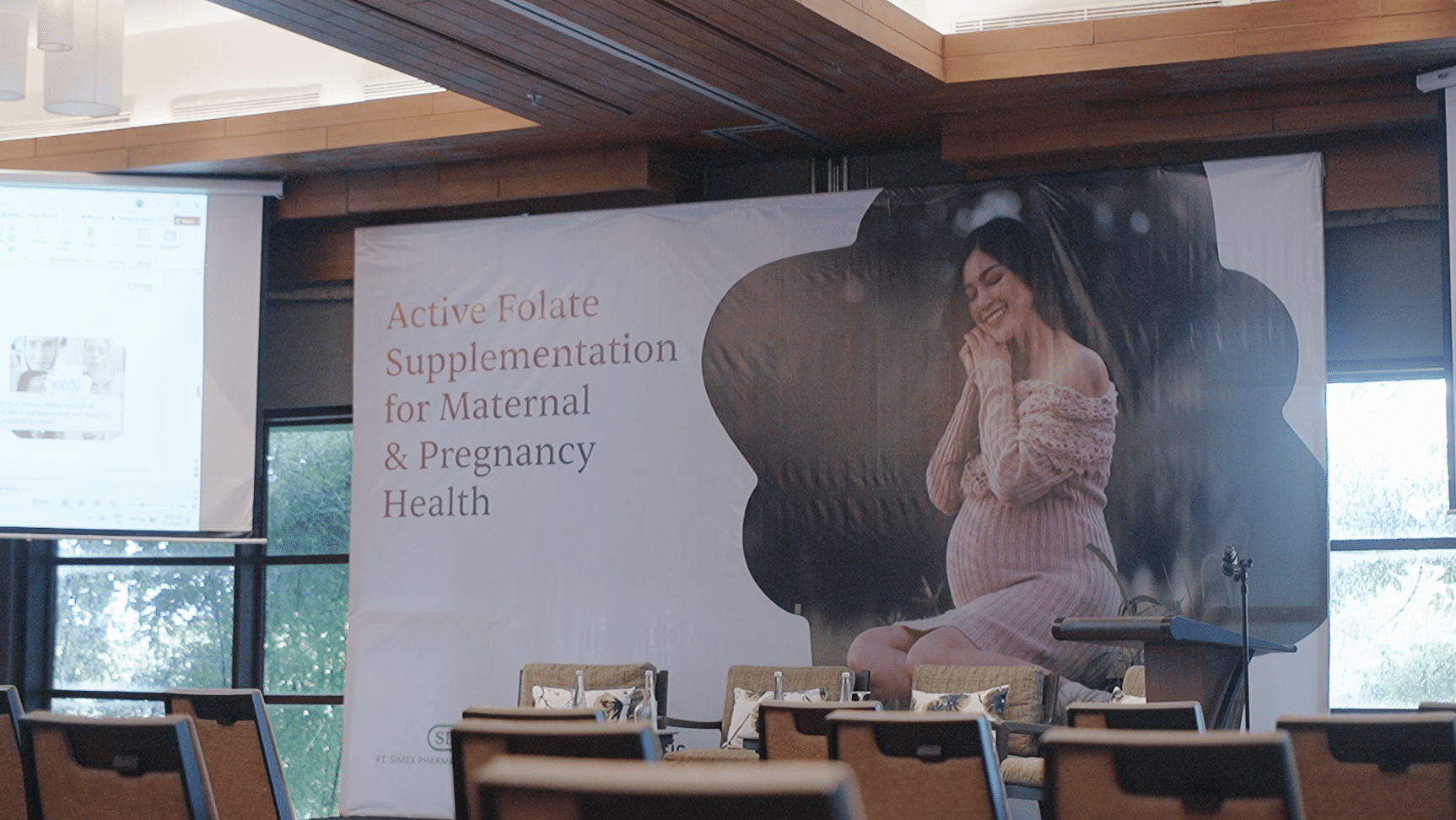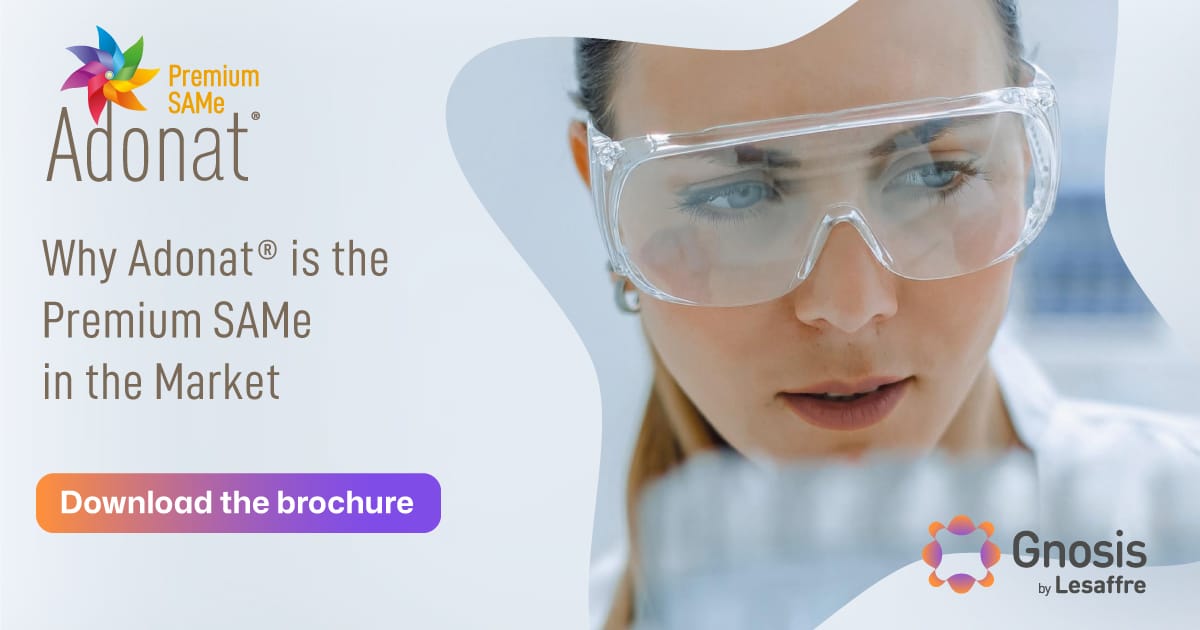Statins Acting as Mitochondrial Toxins
Study identifies the statin mechanism as impacting K2 synthesis, contributing to cardiovascular risks.
Few consumers read Expert Review Clinical Pharmacology, but ex-NattoPharma, makers of MenaQ7™ Vitamin K2 as MK-7, feels a new paper published in the March issue should be part of doctors’ conversations with their patients before they prescribe a statin therapy.
The paper [1] states that statins may act as “mitochondrial toxins” with negative effects on the heart and blood vessels not only via the depletion of coenzyme Q10 (CoQ10), but also by inhibiting “the synthesis of vitamin K2, the cofactor for matrix Gla-protein activation, which in turn protects arteries from calcification.
Vitamin K2 plays a critical role in the activation of matrix Gla protein (MGP), which inhibits soft tissue and cardiovascular calcification. MGP is present in bone, blood vessel, lung, heart, and kidney soft tissues. MGP binds calcium and protects blood vessels from calcification, but only when in its active form, which requires adequate intakes of vitamin K2. Unfortunately, statins inhibit vitamin K2 synthesis in the body, thereby accelerating coronary artery calcification, an important marker of the progress of atherosclerosis, according to researchers.
“This new paper speaks directly to statins interrupting the mechanism of action by which vitamin K2 inhibits calcification,” said Hogne Vik, ex-NattoPharma CEO. “Conversely, research clearly demonstrates that increasing dietary vitamin K2, specifically vitamin K2 as menaquinone-7, can improve vitamin K2 levels in the blood and tissues, thus promoting cardiovascular health.”
Artery and Vascular Benefits
Supporting Vik’s statement, a new study, “Menaquinone-7 Supplementation Improves Arterial Stiffness in Healthy Postmenopausal Women,” published in the journal Thrombosis and Haemostasis[2], demonstrated the positive impact of MenaQ7® brand Vitamin K2 as MK-7 (menaquinone-7) on cardiovascular health through its improvement of arterial flexibility. This study is significant because it is an interventional study with a vitamin K2 dietary supplement, MenaQ7, confirming what previous population-based studies have shown: a positive correlation of vitamin K2 consumption from dietary sources attributes to less arterial calcification and reduced risk of coronary heart disease.
Researchers at the R&D Group VitaK of Maastricht University in the Netherlands monitored 244 healthy post-menopausal women for three years using pulse wave velocity and ultrasound techniques. The participants, aged 55-65 years, were randomly assigned to take 180 mcg of MenaQ7 daily for three years, or placebo capsules. Results confirmed that MenaQ7 Vitamin K2 not only inhibited age-related stiffening of the artery walls, but also made an unprecedented statistically significant improvement of vascular elasticity.
References:
- Okuyama H, Lagsjoen PH, Hamazaki T, Ogushi Y, Hama R, Kobayashi T, Ochino H. Statins stimulate atherosclerosis and heart failure: pharmacological mechanism. Expert Rev Clin Pharmacol. 2015 Mar;8(2):189-99.
- Knapen MH et al, Braam LAJL, Drummen NE, Bekers O, Hoeks APG, Vermeer C. Menaquinone-7 supplementation improves arterial stiffness in healthy postmenopausal women: double-blind randomised clinical trial. Thrombosis and Haemostasis. 2015 113 5: 1135-1144.
Deep Dive Into K2
Significant research shows vitamin K2 from natural fermentation – especially its key long chain isomers MK-7 – to be essential for bone and cardiovascular-health support.
Related News
-
All
-
Adonat®
-
Cardio
-
Corporate
-
Digestion & Gut
-
Download
-
Emothion®
-
Extrafolate®-S
-
ibSium®
-
LANDKIND® Pure Salidroside
-
LifeinU® BSCU1
-
LifeinU® L.rhamnosus GG
-
Lynside® Nutritional Yeasts
-
Lynside® Prebiotic Yeast
-
Lynside® S.boulardii
-
MenaQ7®
-
Mobility & Joint
-
Mood & Cognitive
-
MyCondro®
-
News
-
Noochy Crisp™
-
Quatreflora™
-
Quatrefolic®
-
Red Star®
-
Reproduction & Women
-
Science
-
Trends
-
Video
-
Vitamin K2
-
Wellness & Immune















